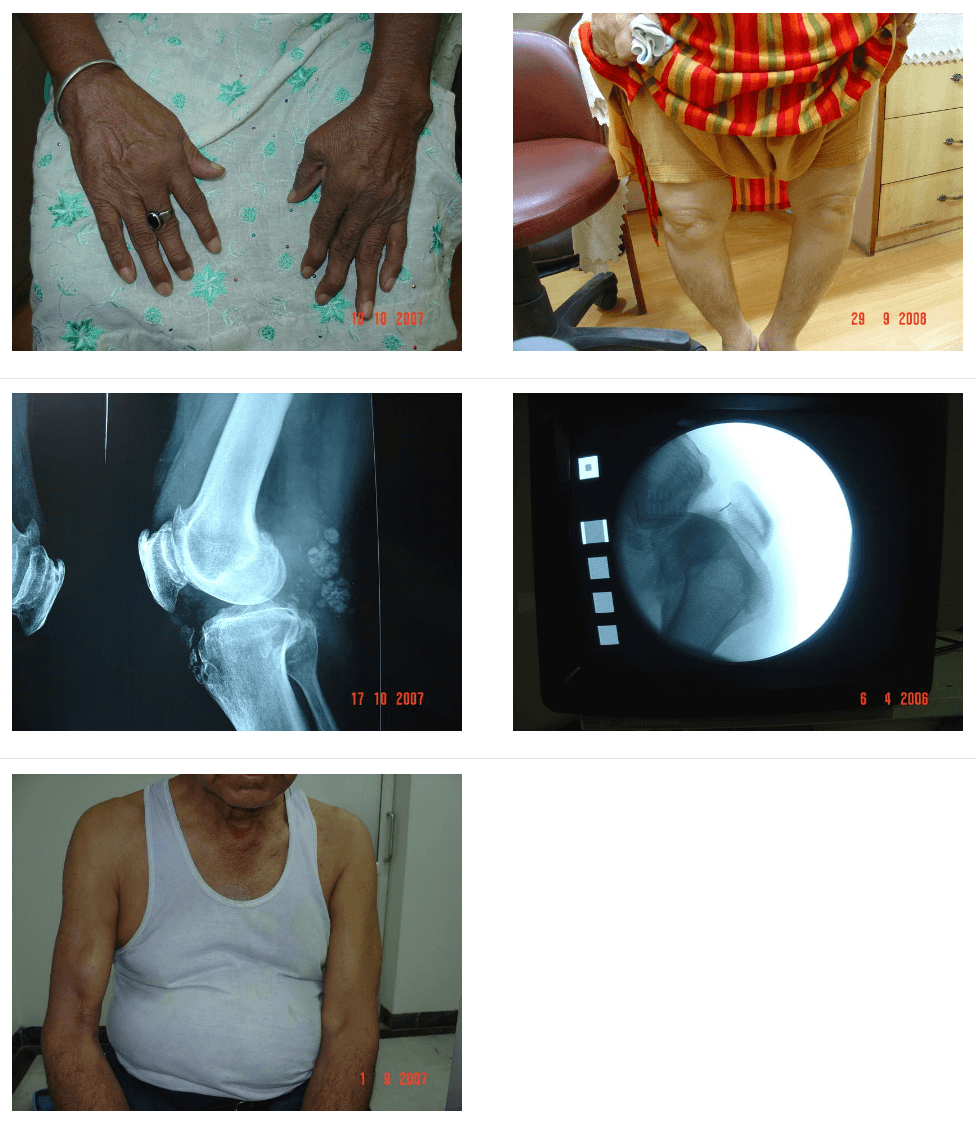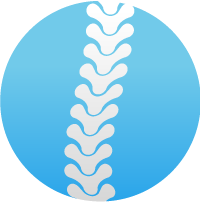Arthritis
Arthritis is a group of conditions involving damage to the joints of the body.There are over 100 different forms of arthritis. The most common form, osteoarthritis (degenerative joint disease) is a result of trauma to the joint, infection of the joint, or age. Other arthritis forms are rheumatoid arthritis, psoriatic arthritis, and related diseases. Septic is caused by joint infection.The major complaint by individuals who have arthritis is joint pain. Pain is often a constant and may be localized to the joint affected. The pain from arthritis occurs due to inflammation that occurs around the joint, damage to the joint from disease, daily wear and tear of joint, muscle strains caused by forceful movements against stiff, painful joints and fatigue.Osteoarthritis
Osteoarthritis is the most common form of arthritis. It can affect both the larger and the smaller joints of the body, including the hands, feet, back, hip or knee. The disease is essentially one acquired from daily wear and tear of the joint. Osteoarthritis begins in the cartilage and eventually leads to the two opposing bones eroding into each other. Initially, the condition starts with minor pain while walking but soon the pain can be continuous and even occur at night. The pain can be debilitating and prevent one from doing any type of activity. Osteoarthritis typically affects the weight bearing joints like the back, spine and pelvis. Unlike rheumatoid arthritis, osteoarthritis is a disease of the elderly. More than 30 percent of females have some degree of osteoarthritis by age 65. Risk factors for osteoarthritis include: prior joint trauma, obesity, sedentary lifestyle.
Osteoarthritis, like rheumatoid arthritis, cannot be cured but one can prevent the condition from worsening. Weight loss is the key to improving symptoms and preventing progression. Physical therapy to strengthen muscles and joints is very helpful. Pain medications are widely required by individuals with osteoarthritis. When the disease is far advanced and the pain is continuous, surgery may be an option. Unlike rheumatoid arthritis, joint replacement does help many individuals with osteoarthritis.
Rheumatoid arthritis
Rheumatoid arthritis is a disorder in which, for some unknown reason, the body’s own immune system starts to attack body tissues. The attack is not only directed at the joint but to many other parts of the body. In rheumatoid arthritis, most damage occurs to the joint lining and cartilage which eventually results in erosion of two opposing bones. Rheumatoid arthritis affects joints in the fingers, wrists, knees and elbows. The disease is symmetrical and can lead to severe deformity in a few years if not treated. Rheumatoid arthritis occurs mostly in people aged 20 and above. In children, the disorder can present with a skin rash, fever, pain, disability, and limitations in daily activities. No one knows why rheumatoid arthritis occurs and all treatments are focused on easing the symptoms. With earlier diagnosis and aggressive treatment, many individuals can lead a decent quality of life. The drugs to treat rheumatoid arthritis range from corticosteroids to monoclonal antibodies given intravenously. The latest drugs like Remicade can significantly improve quality of life in the short term. In rare cases, surgery may be required to replace joints but there is no cure for the illness.
Rheumatic fever has now seen resurgence in America primarily because of mass immigration of people from developing countries. The disorder can present with a migratory nature of arthritis with many other features like heart problems, skin rash, gait abnormality and skin nodules.
Gout
Gout is caused by deposition of uric acid crystals in the joint, causing inflammation. There is also an uncommon form of gouty arthritis caused by the formation of rhomboid crystals of calcium pyrophosphate known as pseudogout. In the early stages, the gouty arthritis usually occur in one joint, but with time, it can occur in many joints and be quite crippling. The joints in gout can often become swollen and lose function.

